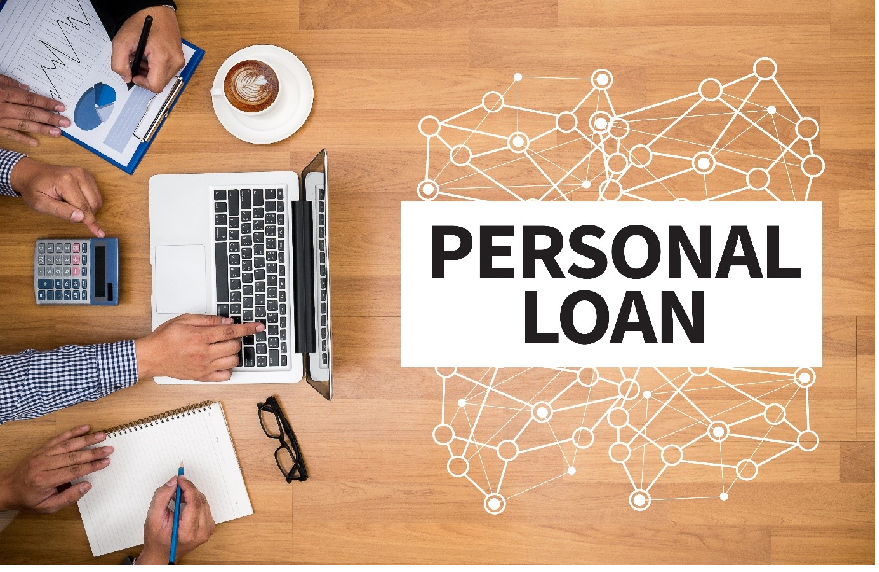
What Are the Different Types of Loans?
People borrow money for various purposes: to start a business, to pay for higher education, to buy a house or car, to surprise their girlfriend with a ring, and so on. Generally, loans fall into two categories: secured and unsecured. Secured loans are those for which the borrower pledges a valuable asset, such as a home or car, as collateral against the loan. In this case, the lender expects the borrower to repay the loan, or the lender will lose their asset.
Variable interest rate
When considering which loan type to get, you should always consider how long the repayment period is. You should opt for a fixed rate if it’s over five years. However, if you need a longer loan term, you can opt for a variable rate. A variable interest rate loan has a flexible repayment period, which is beneficial if you want to pay off the loan in less than five years. It’s also important to note that interest rates can rise and fall quickly, so it’s better to lock in a lower interest rate while waiting for a rising rate.
In general, variable interest rate loans start with lower interest rates and fluctuate throughout. In other words, you’ll save money on the loan company Mississippi even if the market rates remain the same. However, the variable nature of these loans makes them unreliable. While they can benefit you at low market rates, they can also result in higher rates than initially anticipated. Therefore, it’s best to compare both types of loans to choose the right one.
Fixed-rate
A fixed-rate loan has one advantage over variable rate loans: borrowers can predict their payments and are not affected by future changes in interest rates. Some fixed-rate loans include auto loans, personal loans, and fixed-rate mortgages. Federal student loans are another example of fixed-rate loans. In addition, a fixed-rate loan has a fixed interest rate that never changes, unlike variable-rate loans, which change as market rates do. Thus, fixed-rate loans cost less and are easier to manage.
Variable-rate loans are more affordable than fixed-rate loans, but their monthly payments depend on the interest rate environment when taking out the loan. While a variable-rate loan can be a better choice when interest rates are high, most people will opt for a fixed-rate loan during low-interest periods since the opportunity cost is much lower than in times of high-interest rates. Another advantage of fixed-rate loans is that they lock in current interest rates, protecting the borrower from future rate changes.
Unsecured loans
Unsecured loans are a great way to get cash fast without collateral. Many lenders will approve your application on the same day, and you may even be able to have the funds deposited into your account the same day! While these loans have fewer restrictions, there are still some things to consider before signing on the dotted line. Nevertheless, unsecured loans can be beneficial in many situations and can help you make ends meet.
Unlike secured loans, unsecured loans do not require collateral and are issued based on the borrower’s ability to repay the loan. You may be asked to provide information about your income, savings, employment, and credit history. Unsecured loans are available for any purpose, from personal to student loans. Because unsecured loans do not require collateral, they have higher interest rates than secured loans. Regardless of the interest rate, you should know that the repayment terms will likely be higher.
Government-backed loans
Government-backed loans are mortgages issued by the government to those with lower credit scores. Typically, you’ll need a 20% down payment and private mortgage insurance. This type of loan is available for low and moderate-income borrowers. Still, many lenders are raising the credit requirements and interest rates to prevent borrowers with lower credit scores from obtaining these loans. However, there are many benefits to government-backed loans. Here are five things to consider before applying for a government loan:
A government-backed loan can be very beneficial if you’re looking to buy a home. A loan insured by the government can help you get into your first home, build credit, and open various financial doors. As a homeowner, you’ll build credit and equity in your home, which will eventually help you qualify for other loans in the future. Without an asset to secure a loan, you may not be able to purchase essential things, such as a car or a home. In addition, most government-backed loans have strict guidelines and a maximum loan amount.


